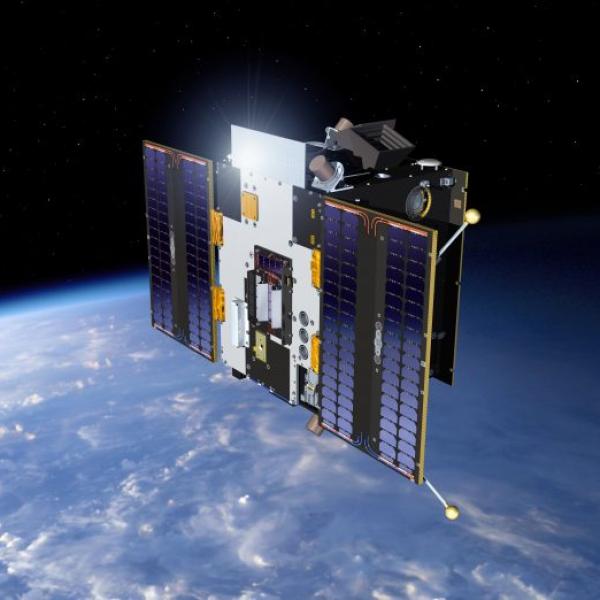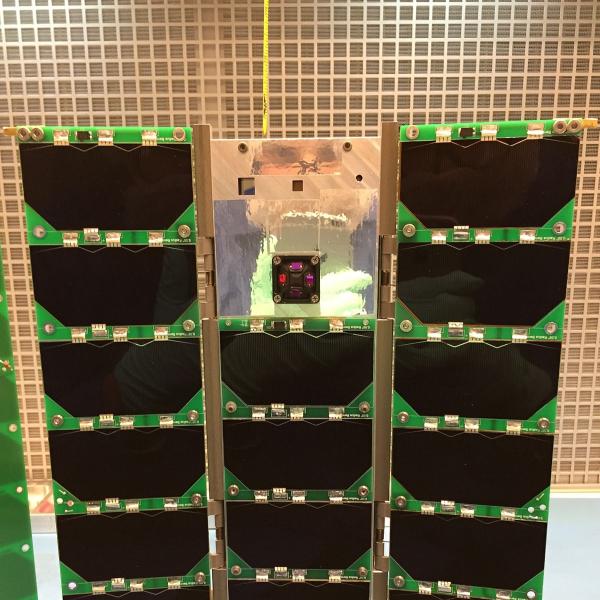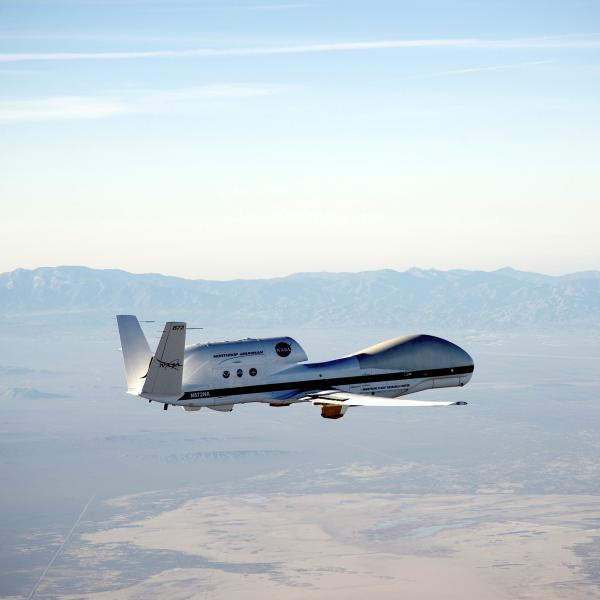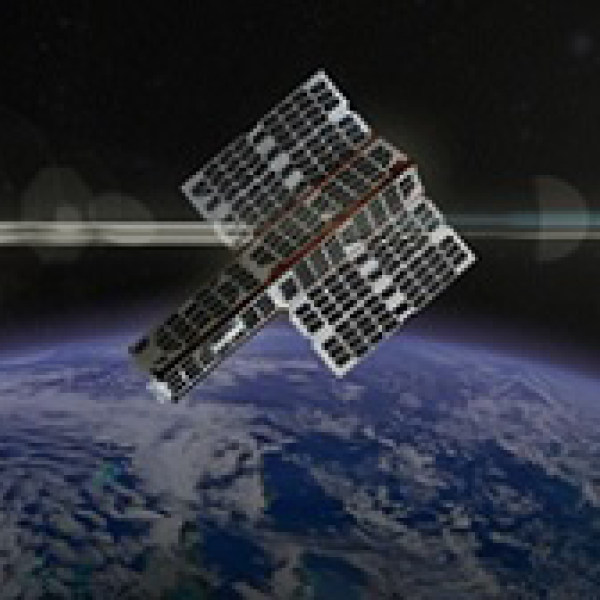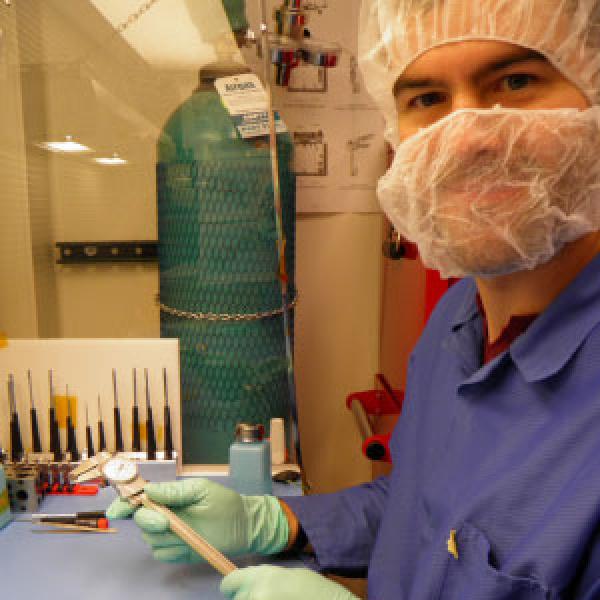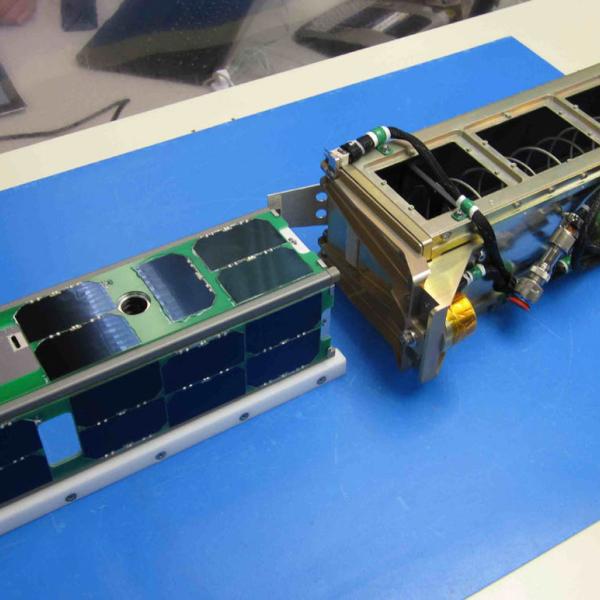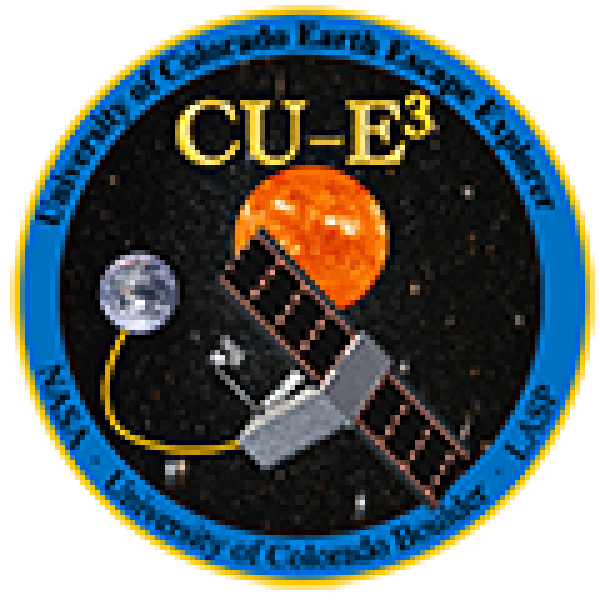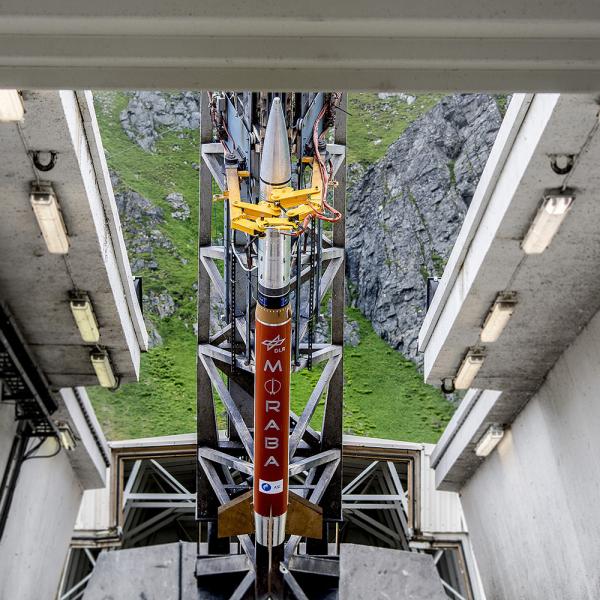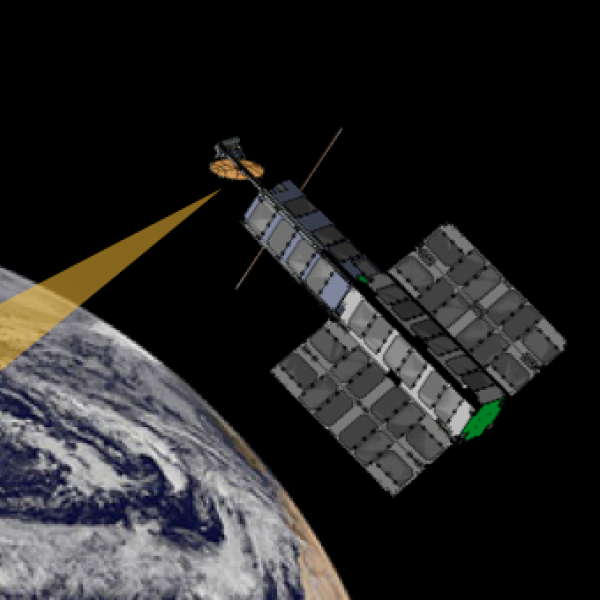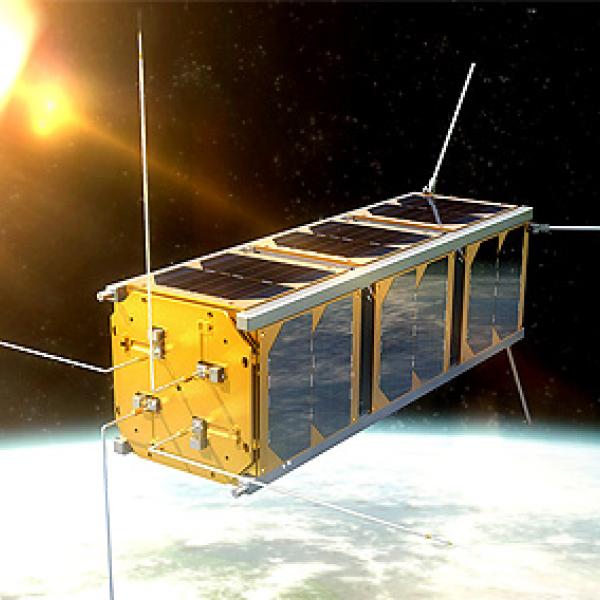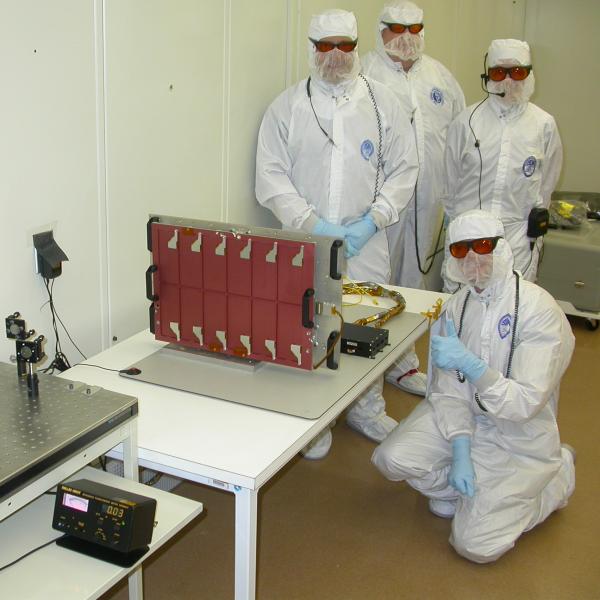Small Satellite Projects
Current Missions, Instruments & Campaigns
Connect with Us
Ryan Nalty
ryan.nalty@colorado.edu
303-492-4916
Other Small Satellite Projects
The Jet Propulsion Laboratory (JPL) has supported the development of a CubeSat code division multiple access S-band receiver as part of their Strategic University Partnership Program.
Principal Investigator:
- Scott Palo; Aerospace Engineering Sciences
The Aerospace Corporation is supporting the study of on-board autonomous deep space navigation for CubeSats.
Principal Investigators:
- Scott Palo; Aerospace Engineering Sciences
- Dan Kubitschek; LASP


